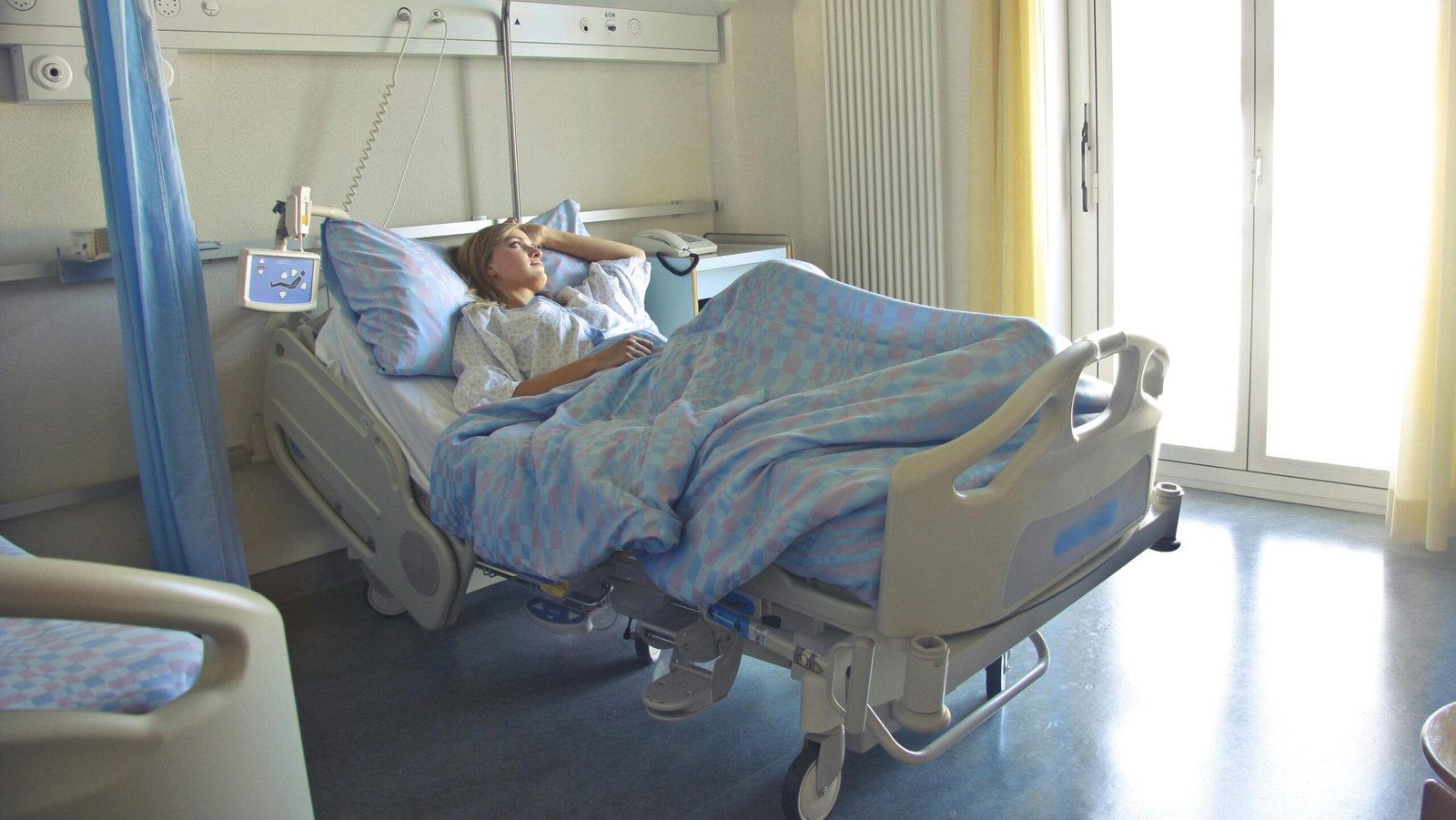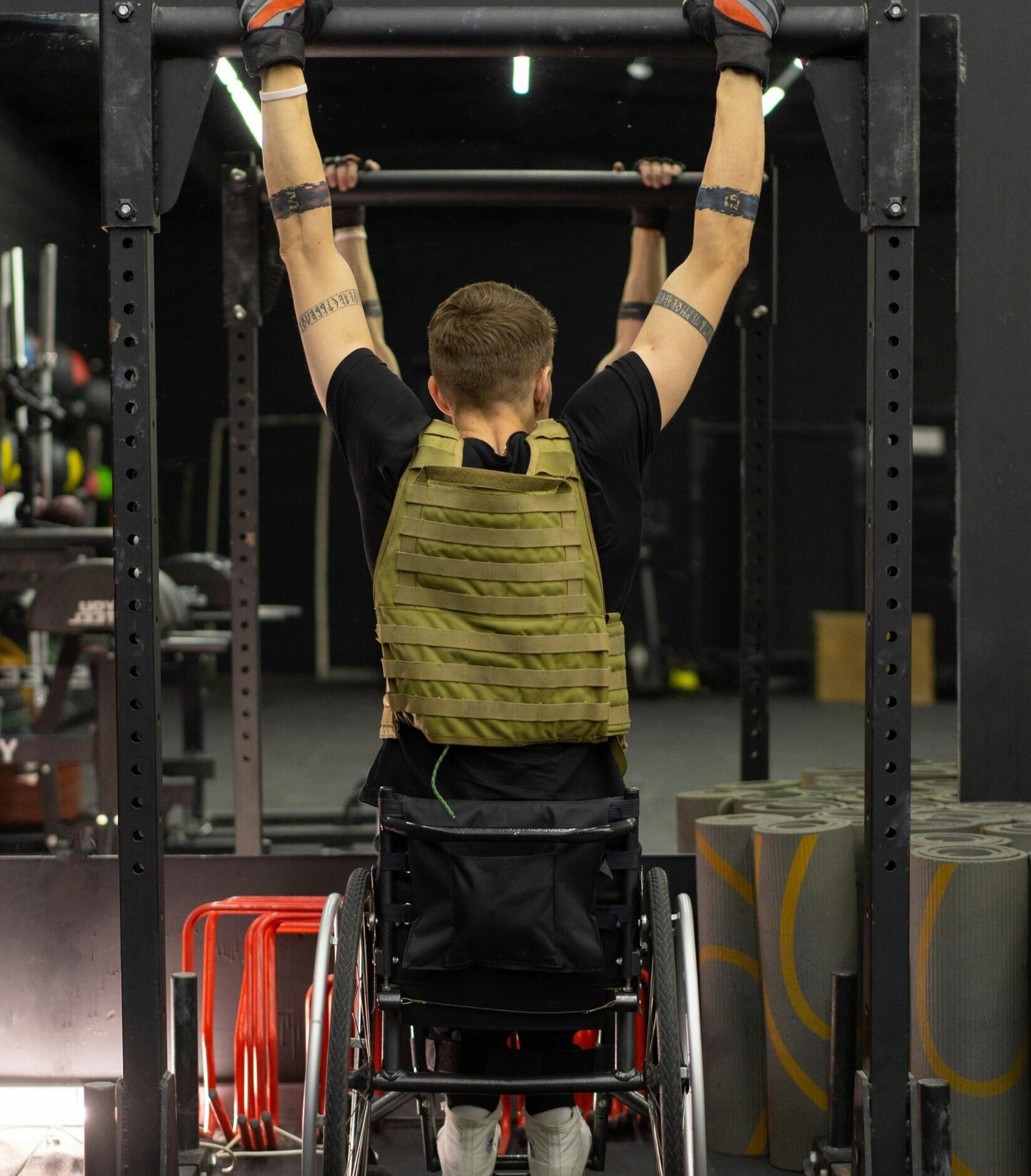In Multiple Sclerosis (MS) VS Guillain-Barré Syndrome (GBS) While both are neurological illnesses, they differ in their underlying causes, symptoms, and progression. Usually caused by an infection, GBS causes fast-onset muscle weakness or paralysis, usually beginning in the legs, when the immune system assaults the peripheral nerves. As an autoimmune disease, multiple sclerosis (MS) causes the immune system to target the central nervous system, resulting in a variety of symptoms including fatigue, numbness, difficulty walking, and balance issues. These symptoms can vary in intensity and occur in episodes.
GBS often develops quickly over the course of days or weeks, peaks in a few weeks, and most people recover significantly in a few months. Conversely, multiple sclerosis (MS) occurs more gradually and gets worse over time, with remissions and relapses. While MS treatment concentrates on symptom management, slowing the development of the disease, and medication-assisted relapse management, GBS treatment entails supportive care and may require IVIG or plasmapheresis to alleviate symptoms.

Multiple Sclerosis (MS) VS Guillain-Barré Syndrome (GBS)
| Feature | Multiple Sclerosis (MS) | Guillain-Barré Syndrome (GBS) |
| Affected Nervous System | Central nervous system (CNS) | Peripheral nervous system (PNS) |
| Onset | subtle and long-lasting, frequently exhibiting progressive or relapsing-remitting patterns | Acute and rapid onset, typically over days to weeks |
| Initial Symptoms | sensation abnormalities (tingling, numbness), vision abnormalities (optic neuritis), and motor problems (weakness, spasticity) | numbness and tingling in the extremities, areflexia, and escalating muscular weakness |
| Disease Course | Chronic, secondary progressive, primary progressive, or relapsing-remitting | Acute, typically monophasic with a recovery phase, can occasionally develop into CIDP |
| Progression Pattern | Relapses and remissions, or steady progression | Symmetric progression from lower to upper body (ascending paralysis) |
| Muscle Weakness | Can be focal or multifocal, often asymmetric | Typically symmetric and ascending, starts in legs and moves upwards |
| Sensory Involvement | Often includes numbness, tingling, and pain, primarily in CNS regions | Numbness, tingling, and pain, typically starting in toes and fingers, primarily in PNS regions |
| Reflexes | Hyperreflexia (increased reflexes) | Areflexia (loss of reflexes) |
| Visual Disturbances | Common (optic neuritis, double vision) | Rare |
| Autonomic Dysfunction | Possible, includes bladder and bowel issues, sexual dysfunction | Common, includes blood pressure fluctuations, heart rate irregularities |
| Cerebrospinal Fluid (CSF) | Oligoclonal bands, elevated IgG index | Elevated protein with normal white cell count (albuminocytologic dissociation) |
| Treatment | Disease-modifying therapies, steroids, symptomatic treatments, rehabilitation | Plasmapheresis, intravenous immunoglobulin (IVIG), supportive care, rehabilitation |
| Prognosis | Variable, can range from mild to severe disability | Generally good with treatment, most patients recover fully or partially within weeks to months |
Learn more about Multiple Sclerosis (MS) and Guillain-Barré Syndrome (GBS) here.
What are the main differences between MS and GBS?
Whereas GBS impacts the peripheral nervous system (PNS), MS affects the central nervous system (CNS). While GBS is usually acute and can cause symptoms to appear quickly, MS is a chronic, progressive illness. While GBS frequently necessitates rapid medical attention but can result in a full recovery, MS is maintained over the long term with a variety of medications.
Are there similarities between MS and GBS?
These are autoimmune diseases in which the neurological system is attacked by the immune system of the body. Both of these conditions require medical intervention for management and treatment, and they have many common symptoms such muscle weakness and sensory abnormalities.

